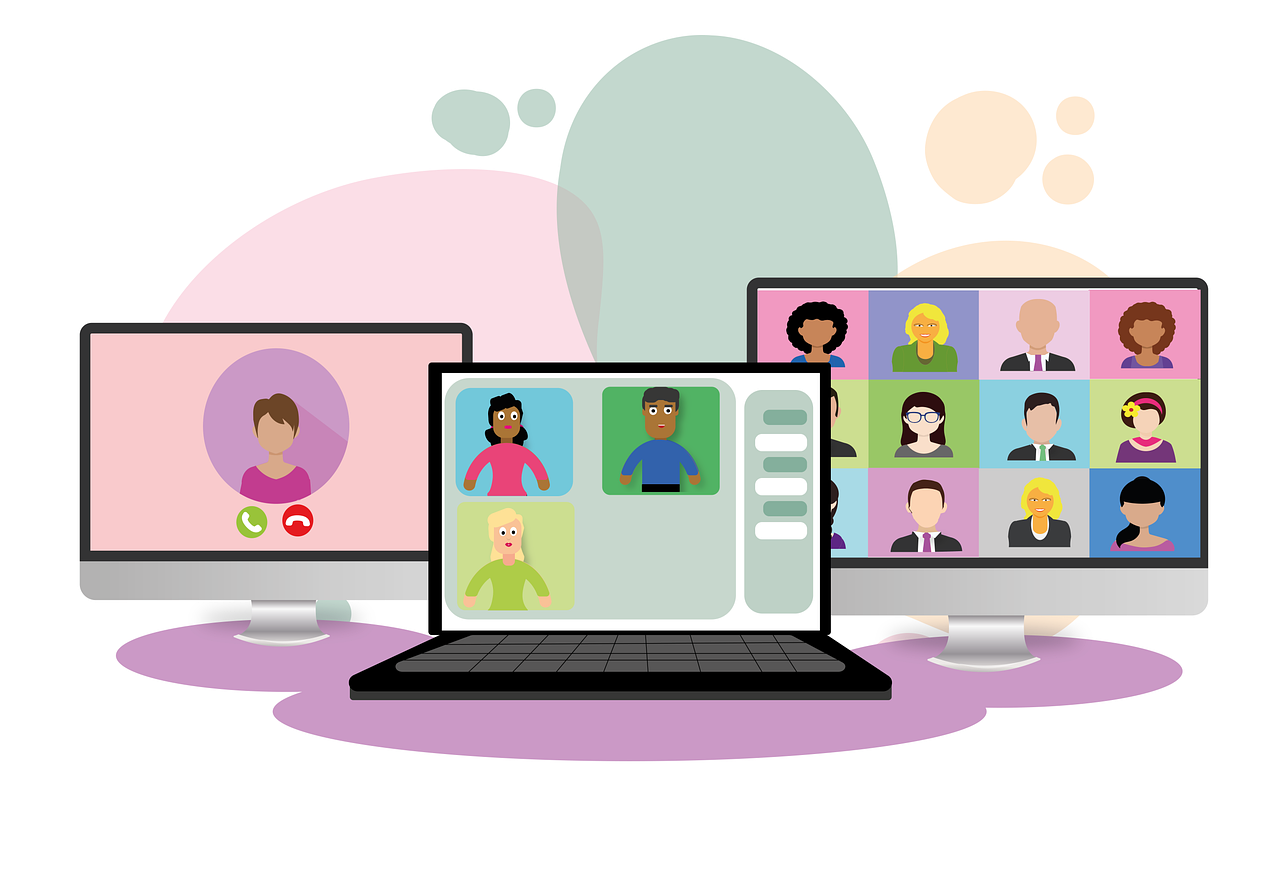Online learning has existed since the beginning of the Internet, allowing people from across the globe to educate themselves on any topic without attending schools in person. This was revolutionary for students, who benefitted from having the information one click away, and for companies who could now offer their educating services without relying on a fixed location.
Contrary to popular belief, studying remotely offers advantages that traditional education has never had before. From flexible time management to gaining autonomy, studying on the internet provides a much more liberating experience. Thanks to this, the student becomes the protagonist of their learning process and can develop personalized strategies to make the most of their potential.
Why choose online learning?
Educational institutions have sought to include strategies in their methods and plans to mold them to the virtual modality and contribute to the integral formation of students. Technological advances have allowed the adaptation of education to virtuality to be smoother and, therefore, beneficial for students. Some of these aspects are:
- Autonomy
- Creating community
- Diversity of learning tools
- Economy and savings
- Personalized training
- Flexibility
Students can work at their own pace and gain independence: virtuality favors their role as protagonists in the learning process. A good design allows them to decide when, how, and with what to learn, giving them the advantage of managing their time in the way that most benefits them. Generally, deadlines are stipulated, but you will be the one who will manage the time to do the work. This is a great advantage for people with other obligations, such as work, parental life, or studying an extra career.
Online communication tools between teacher and student, as well as between them, can foster collaborative learning. These interactions enrich the experience through the sense of belonging and the cultivation of values such as respect, solidarity, or the approach to other cultures. Additionally, people who don’t feel comfortable participating during in-person classes can better develop their expression skills through online training, either by written means or video conferences, since the pressure of everyone staring is relieved.
The virtual modality offers both students and teachers the possibility to communicate and manage information in different formats and media. Students have a range of resources and activities at their disposal and can select the ones that best suit their style and interests. Likewise, to the extent that the strategy allows, they can even build these resources.
Academic programs and courses are offered at much more reasonable prices because they are developed at a distance and online. Undoubtedly, a virtual education method will save you lots of money since transport is out of the picture. In addition, the academic and formative material is usually also virtual and digitally managed, which will reduce your expenses.
There is a direct and more personalized contact between teacher and student in many of the courses and programs offered online, either by email or video calls. Students can ask questions, share doubts, and debate opinions in a more personal way that overcomes physical distance.
Online education offers the benefit of studying anywhere. You can choose your favorite spot to work from, whether your home, a library or a cafe. Because of this, it allows you to have more control over your life outside of school. Transportation, presentability and rushes are out of the picture. Online schooling gives you the freedom of connecting from your phone, laptop, or tablet wherever you are. The advantage becomes even greater when it comes to enrolling yourself in foreign schools, solving the economic and emotional issues that come with moving abroad.
The challenges of virtual education
Although it is advisable to maintain a routine and be consistent, various factors such as accessibility to the necessary technology, family difficulties, and other circumstances can affect the virtual implementation of a traditional school schedule. Both teachers and students must “unlearn” in this day and age that a virtual schedule is not the same as a traditional one. The pace of remote learning is different. A normal day’s structure is very different from when at home and even more so when all family members have to share their lives at home.
Lack of social interaction
Attending college, university, or institutes and receiving lessons in a classroom involves meeting and interacting directly with our classmates. In the case of online schooling, it does not occur since contact with your classmates or teacher will be purely virtual, either in writing or by web conferences.
Continuous use of computers and screens
If your thing is didactics and movement, you must know that the online learning method requires dedicating long periods to your laptop. You can spend hours in front of your work and learning tool, which implies less movement. It is also fundamental that you have active breaks since spending too much time at your computer can cause discomfort in your vision and back from being in the same position.
Self-discipline and willpower
This is a relative disadvantage and an important aspect to highlight. Some students lack motivation when it comes to continuing or finishing their online courses successfully. Although you manage your own time and learning style, you must set goals to constantly pursue your online training to complete it and get the most out of it. Online training and education are an innovative method that serves as a tool for many people with different conditions and situations to access new learning methods, which suggests a great advance at a social and economic level in the short, medium, and long term.




